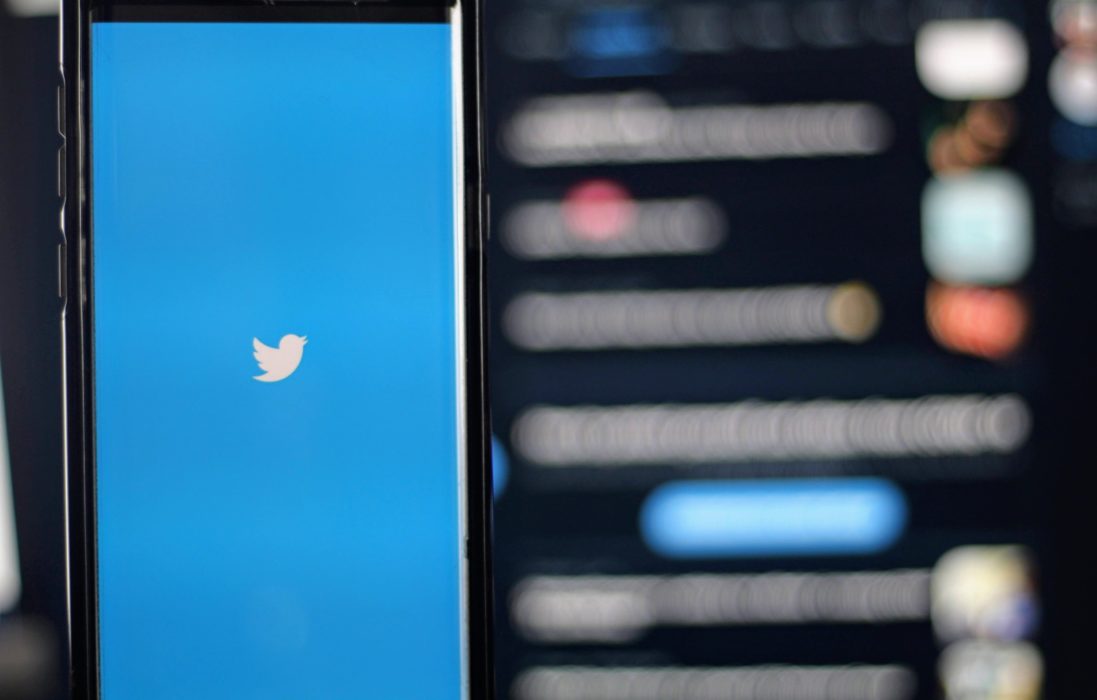
By Anthony Kaylin, courtesy of SBAM Approved Partner ASE
Employers have to worry about employees using social media, including their managers and executives. Like kids, managers and executives can say the darndest things. And Twitter, especially, can take on a life of its own.
With its own rules and mobs, a simple line can lead to major discussions. As most know, Twitter is a microblogging and social networking service on which users post and interact with messages known as tweets. Tweets are limited to 280 characters and may contain photos, videos, links, and text. Registered users can post, like, and retweet tweets, but unregistered users can only read them.
Ben Domenech works at FDRLST Media, LLC. He is the publisher of its website, The Federalist. Since at least June 5, 2019 he had a Twitter account with the listed account name @bdomenech. Around June 6, 2019, through his Twitter account, @bdomenech, Domenech posted the following Tweet: “FYI @fdrlst first one of you tries to unionize I swear I’ll send you back to the salt mine.” The tweet was made after unionized employees of Vox Media had a walkout which resulted in online magazines, like The Federalist, to go dark.
At least one employee from the company read the tweet. What makes this case interesting is that Joel Fleming, the plaintiff, was not aggrieved by the tweet. He is not an employee of the company. Fleming is actually a class action lawyer and frequent Twitter user. Moreover, there was no evidence that Federalist employees had contemplated union organizing.
It was found by an Administrative Law Judge (ALJ) that a reasonable employee would view the tweet as threatening unspecified reprisals against employees who engaged in union activity. The ALJ found that the words “FYI” or ‘For Your Information” combined with the usage of @fdrlst was clearly directed at employees working at the Federalist – not the general public. The ALJ noted that use of the term “salt mine” often referred to work that was tedious and labor-intensive, and reasonably indicated a worsening of working conditions if the employees unionized. Although the employer argued that it had no malicious intent and that the alleged coercive communication did not succeed, the ALJ affirmed that the tweet violated Section 8(a)(1) of the Act, which provides that it is an unfair labor practice to interfere with, restrain, or coerce employees in the exercise of the rights guaranteed in Section 7.
On appeal, the NLRB upheld the ALJ and rejected the assertion that the tweet was protected by Section 8(c) as an expression of a personal viewpoint on a newsworthy topic. The NLRB agreed that the tweet was implicit that there would be reprisals, even though the executive claimed he was being sarcastic. The ALJ stated that under the law the employer’s motivation was immaterial. Further, even though the tweet was from Domenech’s personal account, sarcasm aside, the tweet itself was prefaced with the company name and it was FYI or For Your Information. Thus, the tweet was considered by the NLRB to be clearly directed to the employees of FDRLST and not to the general public.
The takeaway from this case is that HR needs to train their managers and executives to use good judgement when using social media, especially when it comes to company “business” even if they are being sarcastic or otherwise trying to be funny. Under the NLRA, anyone can bring a complaint even if they do not work for the employer, and they could have no further participation other than bringing the charge.